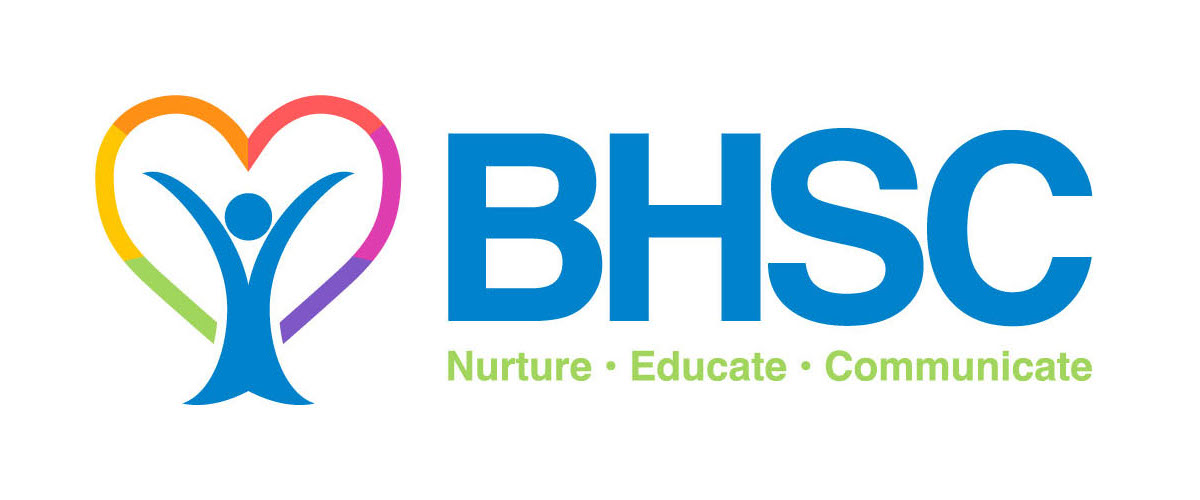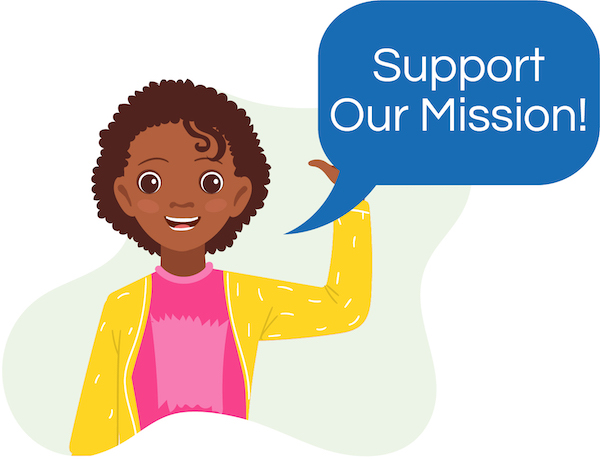Engaging Infants and Setting the Stage for Trusting Others
Always smile back at little children…To ignore them is to destroy their belief that the world is good.
As adults, we have a tremendous responsibility with our children. We are building and passing on the future to them- all while we simultaneously try to shape and teach them ways in which they will handle their future successes and failures. From the moment of their conception, babies are like sponges soaking up all of the sensory input around them [yes, even in the womb]. They are susceptible to the mother’s emotional state as she secretes hormones directly into the baby’s bloodstream in utero. In gestation, a baby is already receiving input about their status in the world once the doctor delivers them and places them into the care of “their” adults and family.
Once born they quickly begin to adapt to mom, dad, sibs and their environment. Over time in infancy, they begin to develop a “worldview” which shapes the way they make interpretations about what is going on around them.
Eric Erikson, a Developmental and Child Psychologist maintained that personality develops in a predetermined order through eight stages of psychosocial development, from infancy to adulthood. During each stage, the person experiences a psychosocial crisis which could have a positive or negative outcome for personality development.
For Erikson, these crises are of a psychosocial nature because they involve psychological needs of the individual (i.e., psycho) conflicting with the needs of society (i.e., social).
According to the theory, successful completion of each stage results in a healthy personality and the acquisition of basic virtues. Basic virtues are characteristic strengths which the ego can use to resolve subsequent crises. Failure to successfully complete a stage can result in a reduced ability to complete further stages and therefore a more unhealthy personality and sense of self.
Trust vs. mistrust [Birth-2] is the first stage in Erik Erikson’s theory of psychosocial development. This stage begins at birth and continues to approximately 18/24 months of age. During this stage, the infant is uncertain about the world in which they live, and looks toward their primary caregiver for stability and consistency of care.
If the care the infant receives is warm, consistent, predictable and reliable, they will over time develop a sense of trust which will carry with them to other relationships, and they will be able to feel secure even when threatened. If the care has been inconsistent, unpredictable, unreliable, cold and/or rejecting, then the infant may develop a sense of mistrust, suspicion, and anxiety. In this situation, the infant will not have confidence in the world around them or in their abilities to influence events.
Success in this stage will lead to the virtue of hope. By developing a sense of trust, the infant can have hope that as new crises arise, there is a real possibility that other people will be there as a source of support. Failing to acquire the virtue of hope will lead to the development of fear and despair.
This infant will carry the basic sense of mistrust with them to other relationships. It may result in anxiety, heightened insecurities, and an over feeling of mistrust in the world around them.
Consistent with Erikson’s views on the importance of trust, research by Bowlby and Ainsworth both outlined how the quality of the early experience of attachment can affect relationships with others in later life.
So to boil down Erickson’s theory of development during this stage of life- it is within the first years of infancy where we are setting the child down a path of hope and trust or down a path of mistrust and fear of the world and people around him or her.
This happens as the child learns about life through their needs expressions, and in particular, how the adults in their world respond to those needs.
Children are bundles of “needs chaos” with little means of communication except fussing and crying. Infants typically express their needs and discomforts immediately by crying. For children who have caretakers that respond immediately warmly and predictably to their needs, the child begins after repeated approximations of need-response trials to develop a sense that the world is a warm, accepting place where they can express a need and be confident that it will get met in a caring, predictable manner. Their worldview becomes one of hope and trust. Their personality foundation becomes one built upon a belief in trusting others.
On the other hand, if an infant is in a situation where caretakers do not respond to their needs or who respond to their needs in cold, hostile, rejecting and unpredictable ways- the worldview that is established for these children is one that is more hopeless and frightening. Their personalities are set on a foundation of mistrust toward others and a fear toward their future.
Most of this communication of child need-adult response happens through many varied sensory inputs: our tone of voice as we approach and talk with the child, our finger pressure as we hold the child, how harried we are at the time we respond and even our smell are used by the child to interpret what is happening around him or her. Over many opportunities to meet the child need-adult response dynamic, the child begins to establish how he or she believes they will exist in this world.
As the child grows, this first stage of life shapes future developmental growth. It is our job as adults to help our children develop in healthy ways both physically and emotionally. Children come into the world as “blank slates”. Adult-child relationships with their caretakers, teachers and other adults is of tremendous importance to their social-emotional development as well as their self-esteem.
Like all parents, I wanted my children to be healthy, happy and successful. As I have grown older I realize that just as important for any child is that they learn to be kind, considerate and open with others. Kindness may be the single most important characteristic that can change the world as we hand it over to future generations. Building that framework with a child begins in infancy and carries on throughout their development. Having a worldview of trust versus a worldview of mistrust sets the stage for our child’s lifetime. It is an important developmental milestone that I believe we should all pay much attention to.
When a child, regardless of their age, looks at you and you give them a smile, [through this one small act] you are helping reinforce with them the idea that the world is a place where they can trust adults…trust that adults will keep them safe, meet their needs and help them learn to negotiate the positive and negative experiences they will have throughout their lives. You are helping them believe that the world is a good and positive place for them- You are giving them a hope for the future and a trust for those around them. We can help young children believe and trust that the world is a good place for them…
Please visit www.askbhsc.org for info about all of the great programs and services that BHSC offers for children and adults. Be well and smile at others often, joe cozzo




